Reuters reported on June 16 that many Chinese people are rushing to buy cheap apartments in some areas far from the country's financial centers.
"Cheap as cabbage"
Mr. Hu Yongwei, 39 years old, a resident of Beijing, bought more than a dozen apartments in Hebi City ( Henan Province, central China) for about 31,000 USD (728 million VND), believing that they would bring more financial benefits than other investments.
“The apartments were sold at very cheap prices, like cabbages,” said Mr. Ho, adding that his and his family’s personal bad experiences with the stock market had kept them away from stocks.
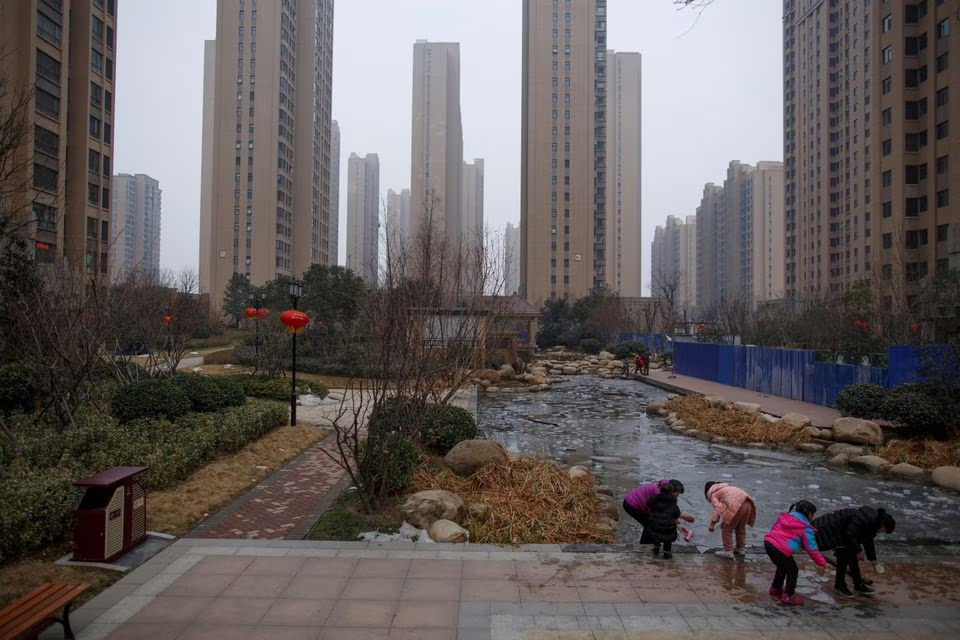
The grounds of an apartment complex in Ha Nam province
Real estate agents say low-cost apartments in other smaller Chinese cities such as Huainan in Anhui Province and Rushan in Shandong Province are also in high demand. Buyers are mainly from outside the region.
The deals show that buyers are starting to turn their attention to smaller cities in China, where property prices are among the cheapest in the country amid a widespread recession and economic slowdown.
While the smaller city purchases are not large enough to impact China's massive property market and there is no data on transaction volumes, they do provide some insight into the slowdown in China's economy post-Covid-19.
Gloomy post-pandemic economy
According to data from Anjuke, one of China’s largest real estate companies, home prices in the country have fallen 27% from their 2021 peak in some areas of Hebi. Similarly, home prices in Huainan, Rushan and Gajiu City (Yunnan Province) have also fallen by more than 24% from their peak.
By comparison, peak prices in Beijing, where the average second-hand home can cost tens of thousands of yuan, fell just 1.5 percent in the six years to May this year. Meanwhile, in the city of Chongqing, prices fell more than 10 percent in five years, according to Reuters calculations based on Anjuke data.
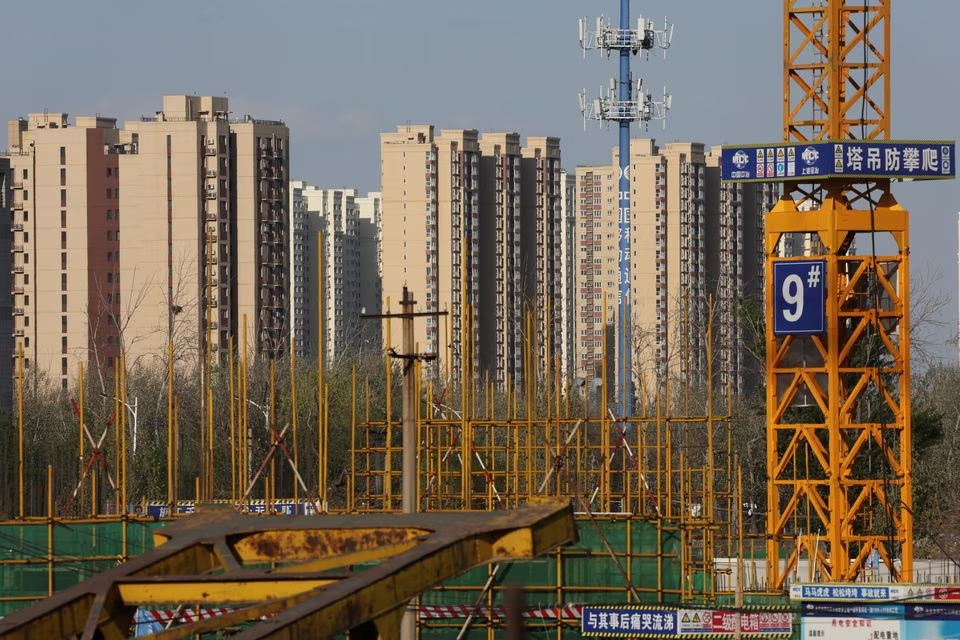
Residential buildings are pictured near a construction site in Beijing.
Still, analysts are reluctant to draw optimistic conclusions about home buying in these smaller cities, given signs that the world's second-largest economy is struggling to recover from Covid-19.
China's property recovery continued to lose momentum as most figures showed a decline in May due to weak consumer confidence, population movements and supply issues, the South China Morning Post reported.
In addition, domestic property demand remains weak as consumers and companies prefer to repay debt rather than invest. China’s youth unemployment rate is at a record high of over 20%.
"The fact that so many people are buying cheap apartments in smaller cities reflects caution. People are not confident about their future income," said economist Nie Wen of Hwabao Trust Company in China.
Meanwhile, CNBC also cited warnings from Wall Street banks (USA) that the weakness in China's real estate sector could be a drag on the country's economy for many years to come and could even affect countries in the region.
Economists at US investment bank Goldman Sachs say the property market is expected to see an "L-shaped recovery" – defined as a sharp decline followed by a slow recovery.
According to Morgan Stanley, if the challenges in the real estate sector deepen and cause fear in the financial system, affecting consumer confidence, this will cause China to decline deeper.
New home prices in Beijing, Shanghai and other tier-one cities rose 0.1 percent month-on-month, slowing from a 0.4 percent gain in April, data released by the National Bureau of Statistics showed on June 15.
Of the 70 medium- and large-sized cities in mainland China tracked by the NBS, only 46 cities recorded increases in home prices, down from 62 in April. The residential housing market was also weaker, with only 15 cities reporting price increases, down from 36 in the previous month, according to the South China Morning Post .
Source link



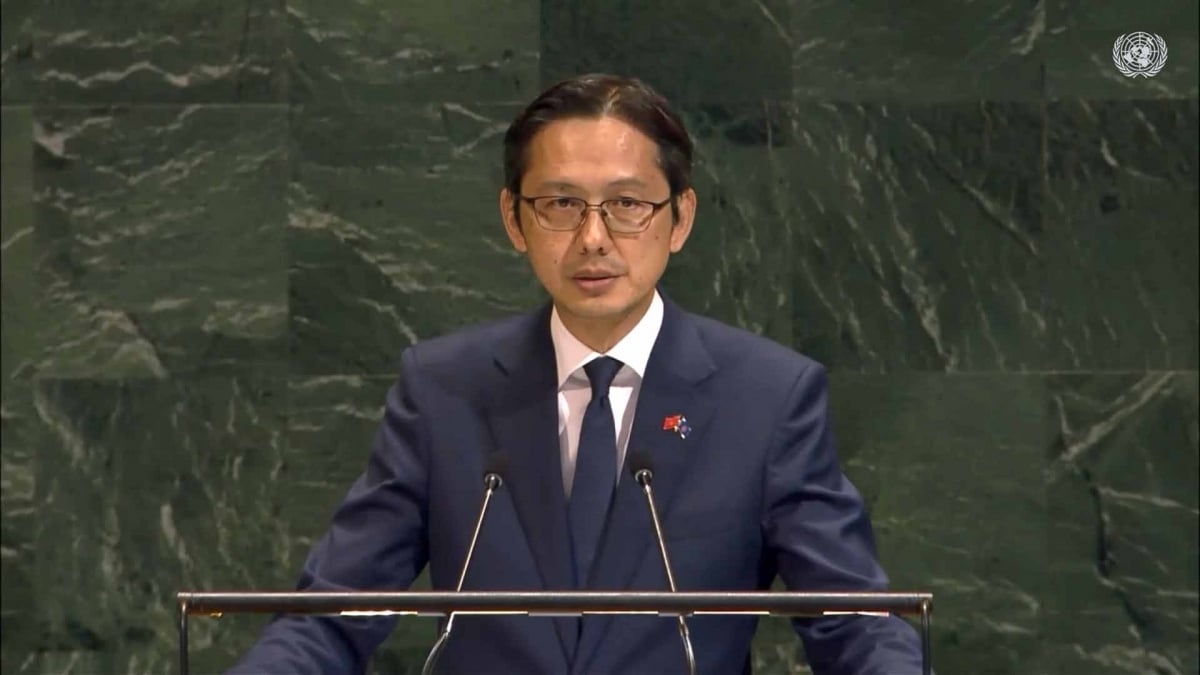


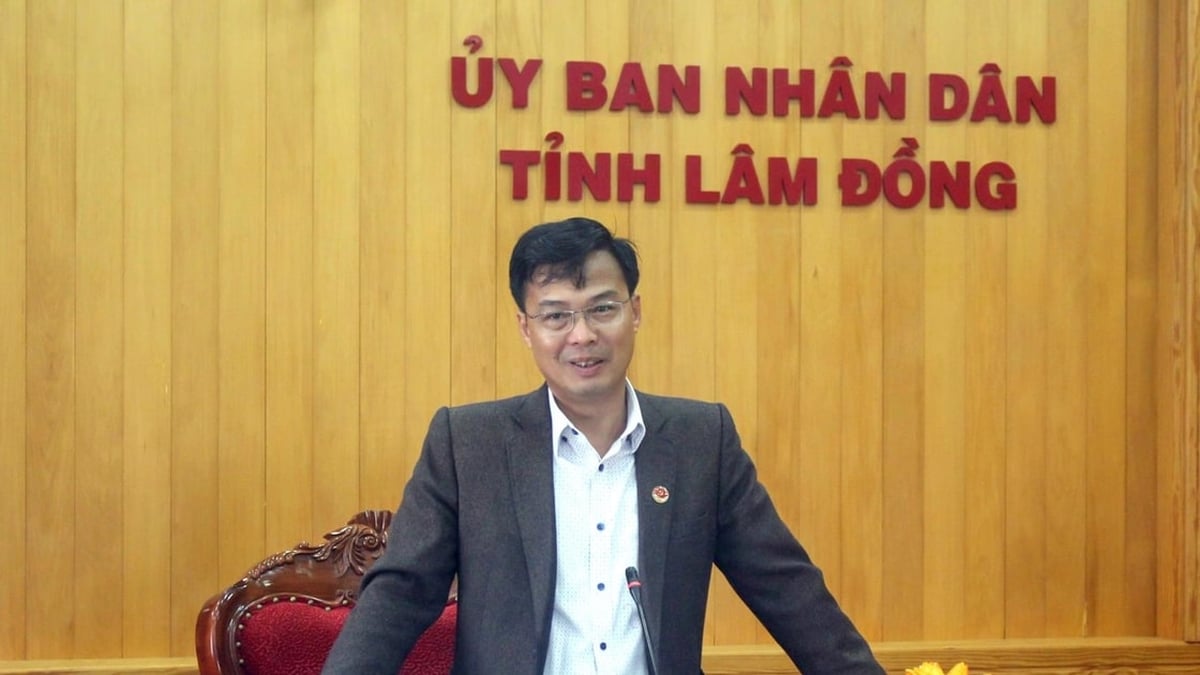















































![[Maritime News] Container shipping faces overcapacity that will last until 2028](https://vphoto.vietnam.vn/thumb/402x226/vietnam/resource/IMAGE/2025/7/30/6d35cbc6b0f643fd97f8aa2e9bc87aea)












































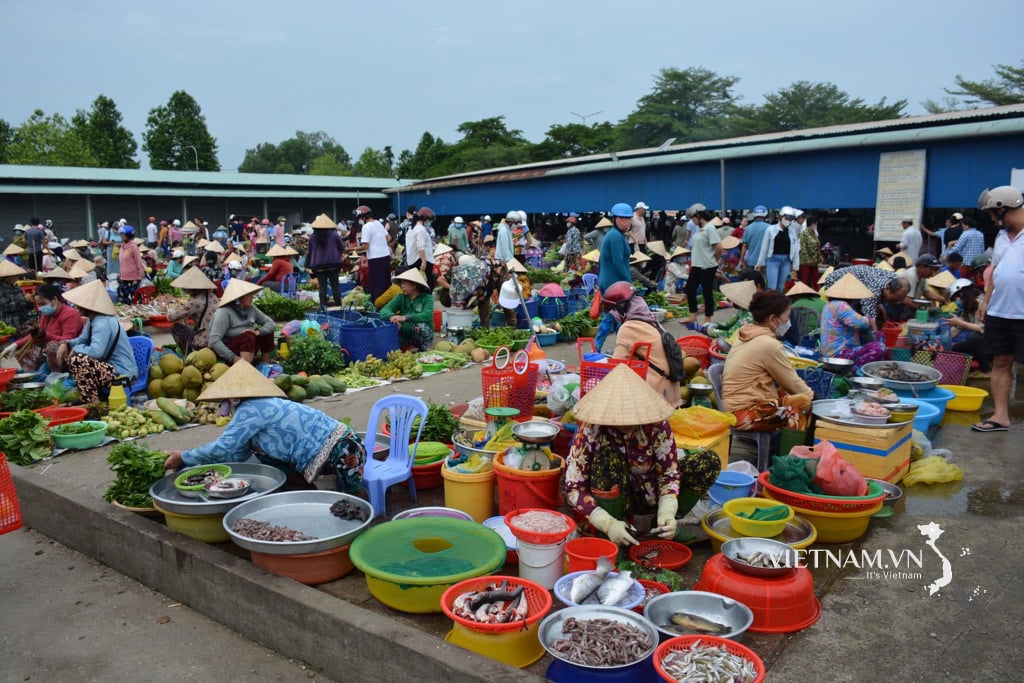
Comment (0)